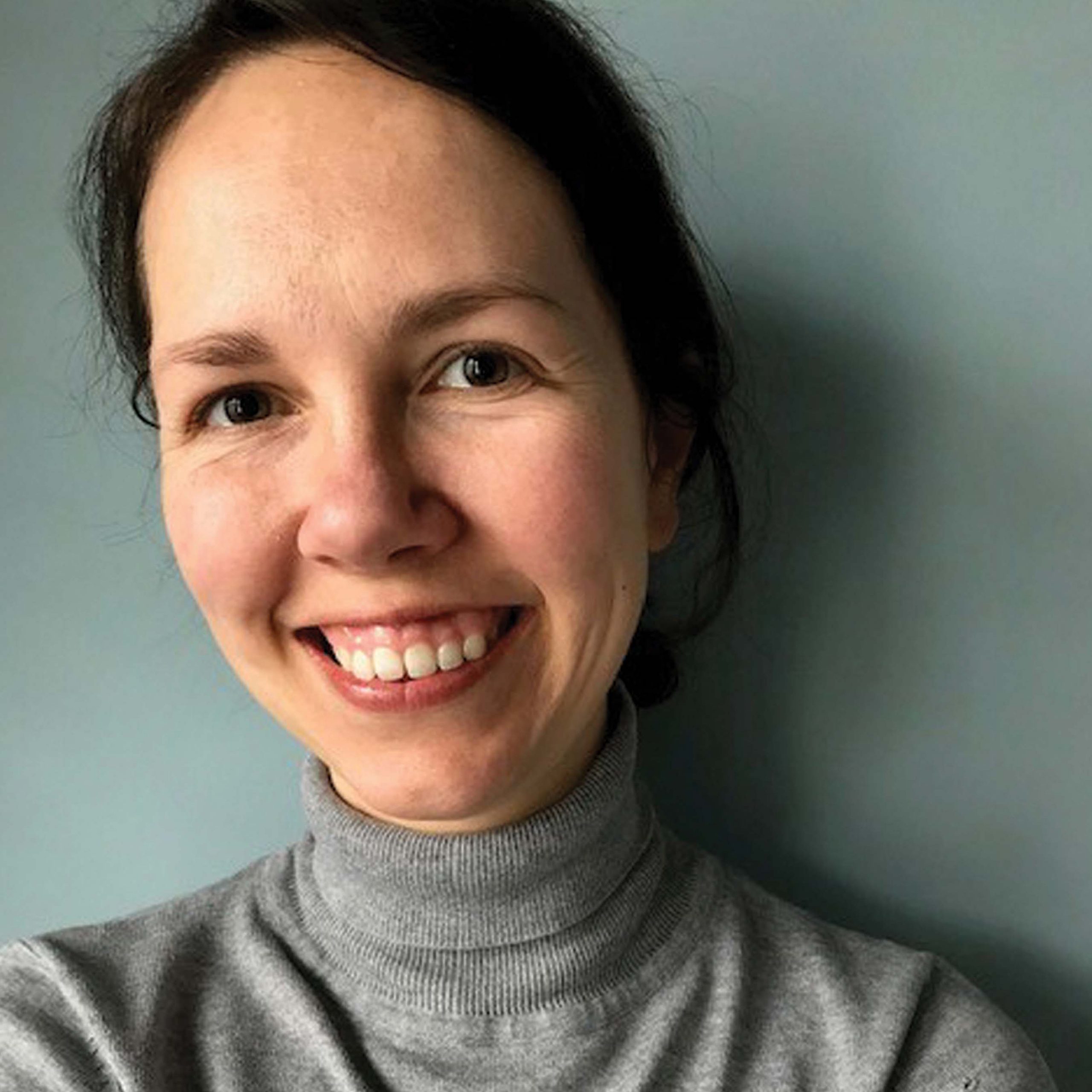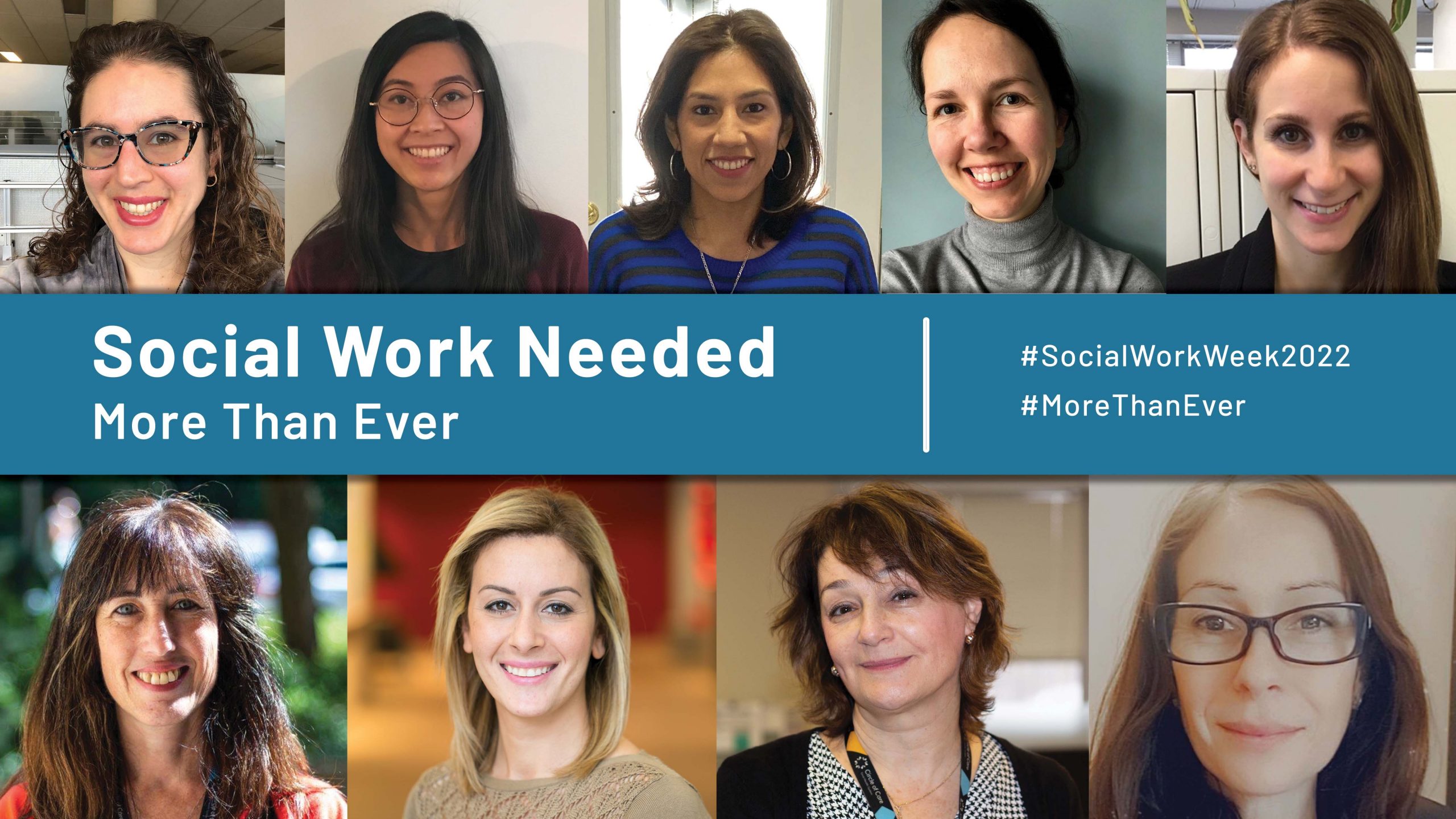
Social Work Needed More Than Ever
We’re celebrating Social Work Week by highlighting the vital contributions that our social workers have made, and continue to make, in the lives of our clients. As the COVID-19 pandemic exacerbated the variety of challenges older adults face, our social workers have been there for them emotionally while also taking necessary actions to ensure our clients are both mentally and physically safe.
This year’s theme for Social Work Week is More Than Ever. Below, our social workers share stories on the wide variety of cases they have worked on.
Julia speaks about the positive impacts Social Work creates for many clients, and the rewarding experience each case brings. Watch her video to hear more about her experience!
“Some of my clients shared with me how much they appreciate when staff answer their calls, respond to their needs, listen to them when they need someone to talk to, and when we help them in any way that we can. My clients showed me that by giving them the time to express themselves and to listen to them, this can really help to make a difference in how they feel, while also improving their mental health, and ultimately the worker-client relationship I have with them.”
– Julia, Holocaust Survivor Services Case Manager
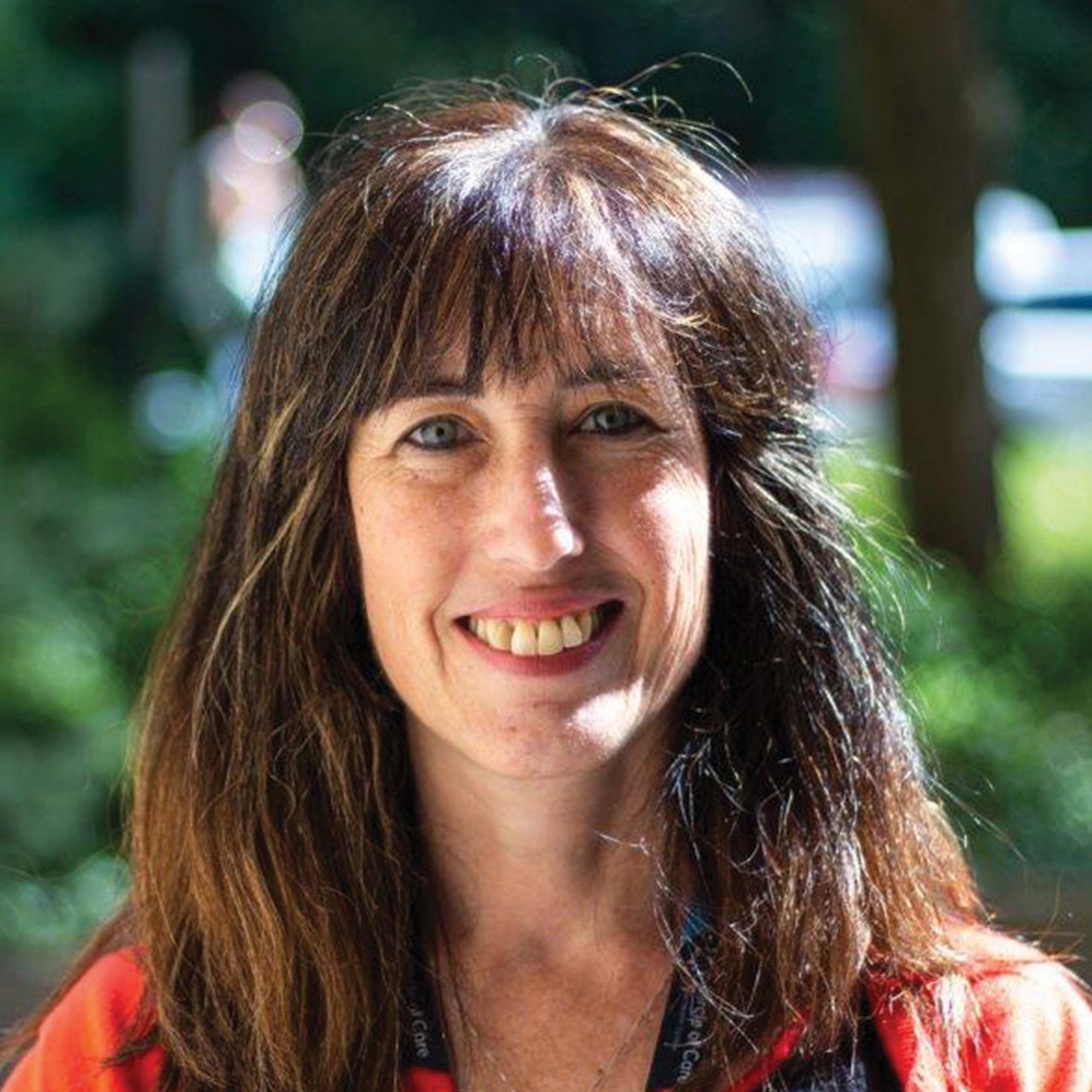
“Teresa, an older adult in her 70s, was suffering abuse from both her ex-spouse and her daughter. After moving into her daughter’s rental apartment, she contributed to the rent and did all of the housekeeping tasks while dealing with her arthritis for several years. Teresa’s daughter would physically and verbally abuse her if the house wasn’t in pristine condition, leading Teresa to feel both physically and mentally unsafe while also living in constant fear on a daily basis.
Teresa connected with Circle of Care, where I discussed her options, and we worked on a safety plan together. I advised Teresa to pack a bag with necessities such as clothes, documentation, and personal items, just in case she needed to leave quickly. I knew that her safety was in danger, thus we discussed other living situations.
Since Teresa was on a low income, she was willing to relocate anywhere in Ontario. After connecting with one of the housing help centres in Toronto, Teresa received their help and completed a priority application for subsidized housing. In the meantime, I assisted Teresa with finding a temporary and affordable accommodation that she could move to until the subsidized unit became available. Teresa ended up renting a room in a basement apartment outside of Toronto that she found on her own.
After three months, Teresa was finally offered not just one – but two apartments. I helped Teresa check the terms of the contract on her selected apartment and spoke with the housing worker to clarify a few things for Teresa. Teresa is now fully settled into her new apartment, relieved, safe, and happier than before.”
– Patricia, Community Social Worker; Social Worker Care Navigator – Mt. Sinai Academic Family Health Team-Vaughan Site; Professional Practice Lead
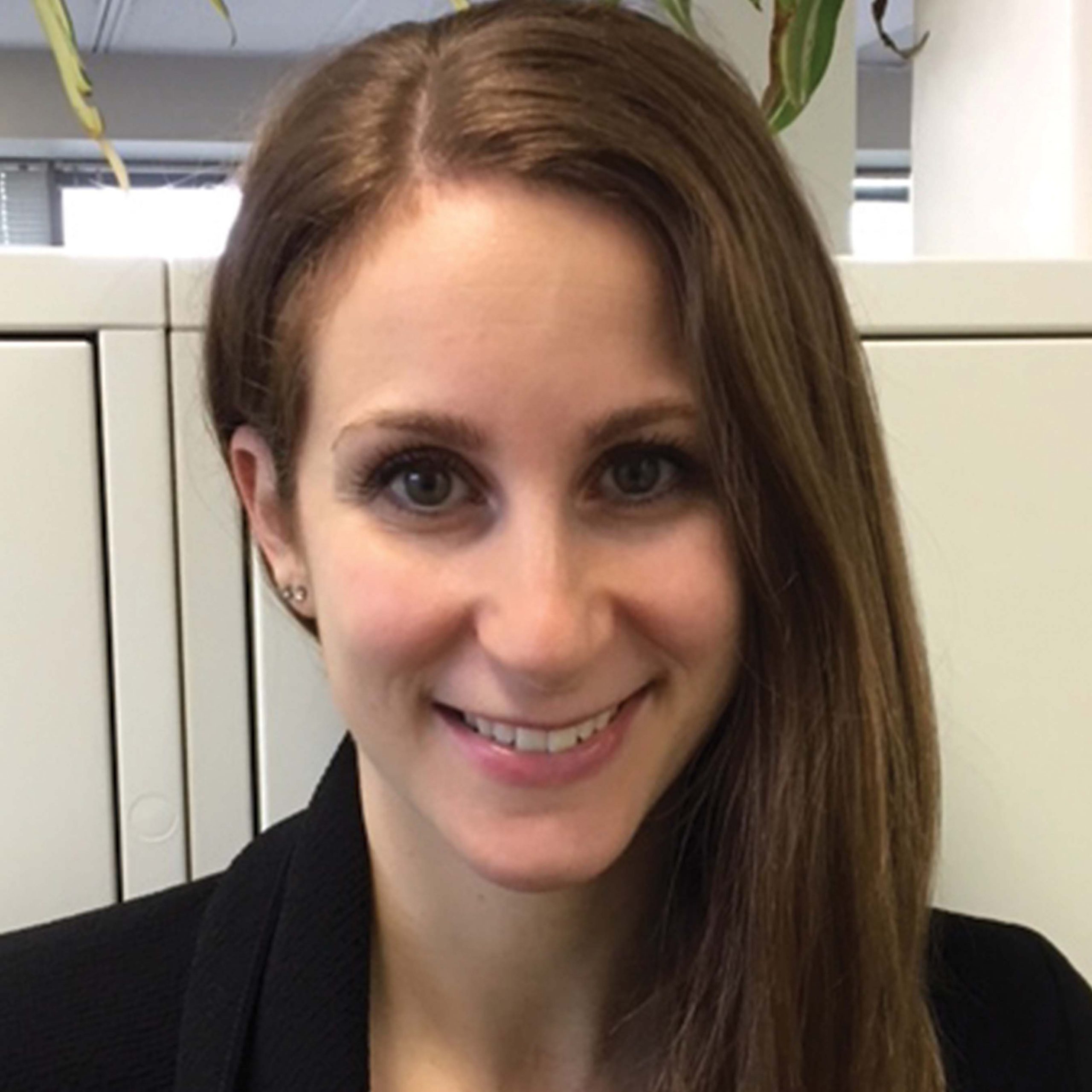
“I have been working for several years with a complex client living in the downtown Toronto community. He is a Holocaust Survivor with severe PTSD, several physical health challenges and no family to support him. By providing supportive counselling and collaborating with his care team, we have been able to help him with his wish to remain independently at home for the time being. His care team has involved myself, his LHIN Coordinator, VHA Home Healthcare Scheduling Coordinator, a Clinical Nurse Specialist in Geriatrics from Mt. Sinai and a Registered Nurse from the Rapid Response Nursing Program. I am in the process of connecting with his Rabbi to search for volunteers and we will continue to work together to help lower his risk with remaining in the community.”
– Kyla, Holocaust Survivor Program Case Manager
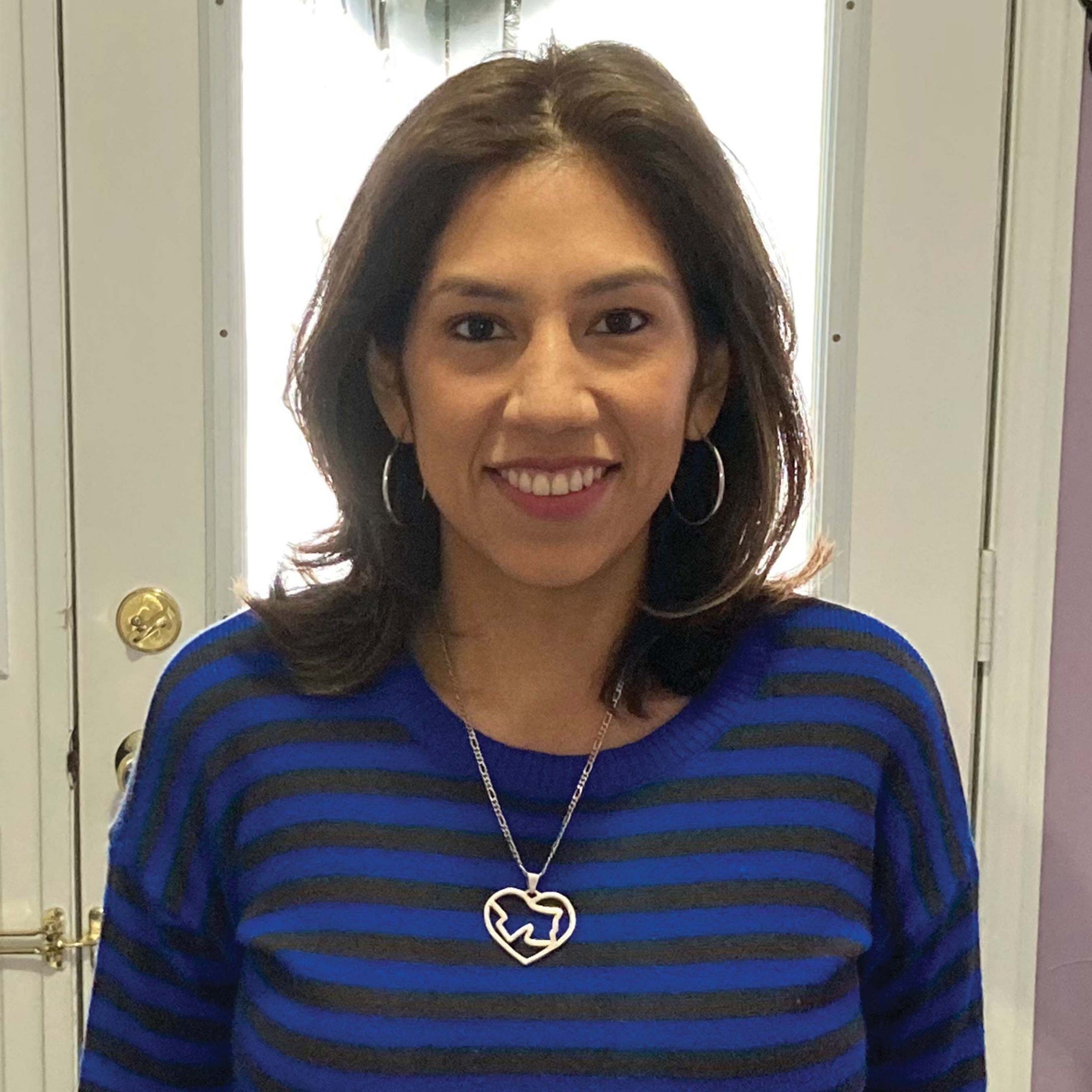
“I worked with a client who was in his late 20s who was also struggling with mental health and addiction issues. He was recently discharged from Bridgepoint Hospital after being hospitalized for several months due to a brain injury. The client needed help finding housing, income support, and other resources. Knowing this, many referrals were sent from Bridgepoint. I followed-up with these referrals so the client would be highlighted on their list. I supported my client with getting Ontario Works income and kept advocating for him to get subsidized housing. He expressed his gratitude for my support and is now settled in a 1-bedroom apartment while pursuing a diploma in Addictions and Community Services.”
– Maria, Social Worker Care Navigator – Bridgepoint and Rekai

“I recently assisted a couple by connecting them to appropriate community resources as their health status changed. The husband attended our Adult Day Program (ADP) and lived with his very supportive wife who was the primary caregiver.
Their situation changed when the wife was diagnosed with a life-limiting illness. She was deemed palliative, and I assisted the family with tough conversations surrounding advance care planning and advocated to the LHIN for additional support so that the husband would be able to remain for full-day in-house programs to provide the spouse and family with more caregiver respite while they coped with the wife’s declining health.
I was able to connect with the LHIN coordinator to ensure that the wife had access to a mobile palliative care team to provide comfort care at home. I provided supportive counselling for the family and provided resources for them to help with future planning for the transition to long-term care for the husband.”
– Cathy, Social Worker – Adult Day Program
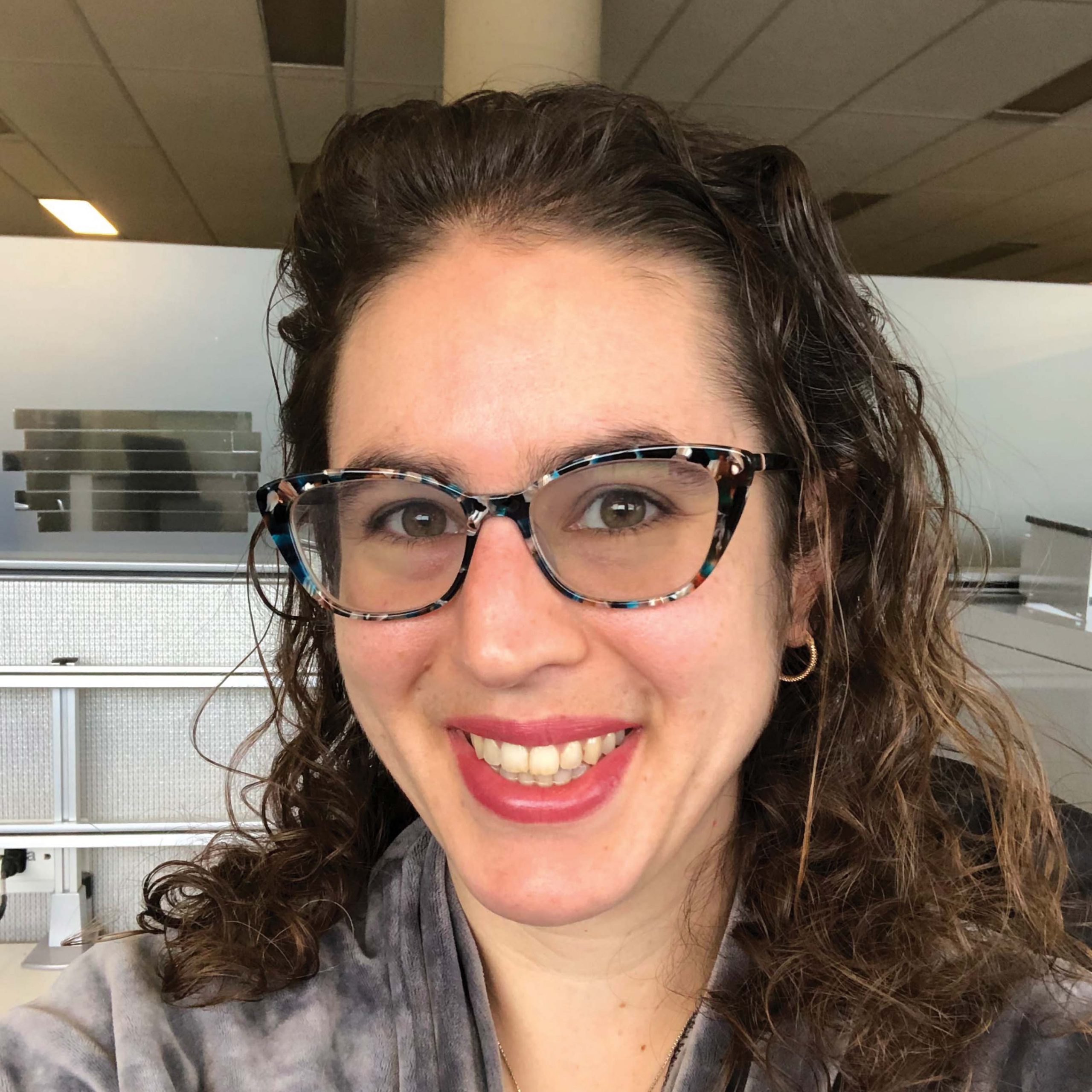
“In 2021, near the end of summer, a client of ours was ready to move to a Long Term Care (LTC) facility. However, there was one large factor stopping her – her beloved dog Bella. Bella had always been her loyal companion, and this client was concerned with what would happen to Bella. Her social worker, Elinor contacted the Toronto Humane Society and assured the client that Bella would be relocated to a new and caring family. The client eventually agreed, and the arrangements were made. However, a new challenge presented itself: the client did not have the means to transport Bella to the Humane Society.
Elinor connected with the Social Work team and I offered my assistance and vehicle to transport Bella. I knew Bella meant a lot to the client, so I personally drove to the client’s home, met with Bella and the client and reassured the client of Bella’s safe transportation. I wanted to make sure Bella was safe and comfortable, so I collected Bella’s pillow and some treats, and watched as the client gave her beloved pet one last hug. I was determined to have Bella travel in luxury, so I equipped my back seat with blankets and pillows, where Bella made herself comfortable and sat calmly by the window, watching passing cars, and pedestrians.
Once we arrived at the Toronto Humane Society, Bella was visibly curious of her new surroundings and greeted other humans with a warm introduction. I handed over the completed paperwork, and the Humane Society attendant escorted Bella into the building.
I knew the client would be worried about Bella, so I constantly checked for updates to see what Bella’s status was. Bella’s picture went online as eligible, then ‘on hold’ quickly after, then soon, the picture was completely gone. Bella was adopted into a new home! As for the client, she made her smooth transition into the Long-Term Care home. The client was told of Bella’s adoption immediately, which made her happy and relieved her stress. Bella’s picture now sits in the client’s room, so she can remember her beloved dog.”
– Shayna, Social Worker Care Navigator – UHN/Independence at Home
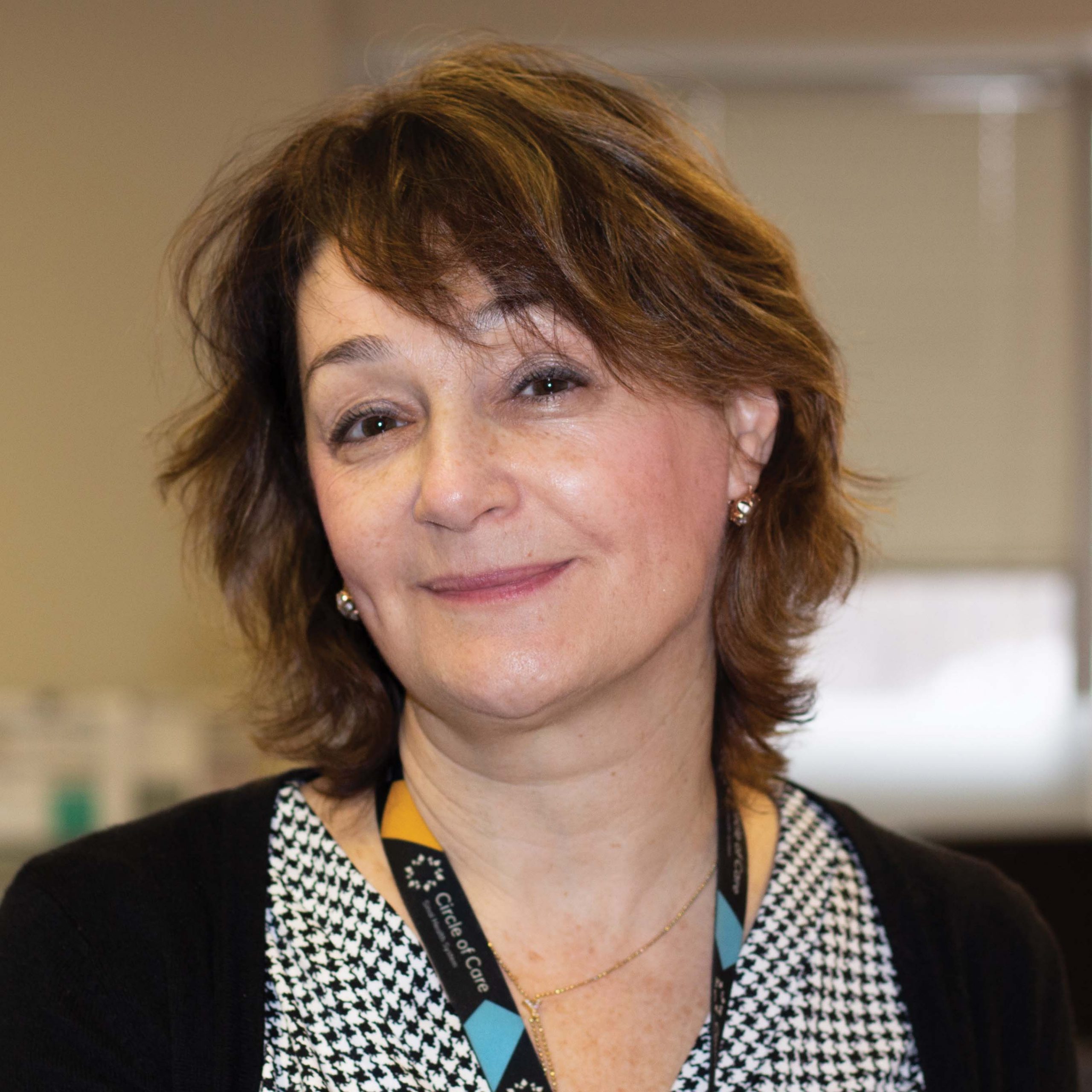
“One of my clients has dementia. His wife, and primary caregiver, contracted COVID-19 and was hospitalized as a result. My client was left home alone. His extended family was afraid to come and help because they didn’t want to risk infecting him and expose him to COVID-19. Fortunately, his dementia did not progress during this time, and family and neighbours, along with our Personal Support Workers (PSWs) assisted by delivering groceries and assisting the client with personal care. I spoke to the client daily and made sure both the husband and wife were okay, and ensured everything went smoothly at the hospital for the wife. In the end, they were both grateful for our help, and his wife recovered and returned home.”
– Yana, Holocaust Survivor Services Practice Lead
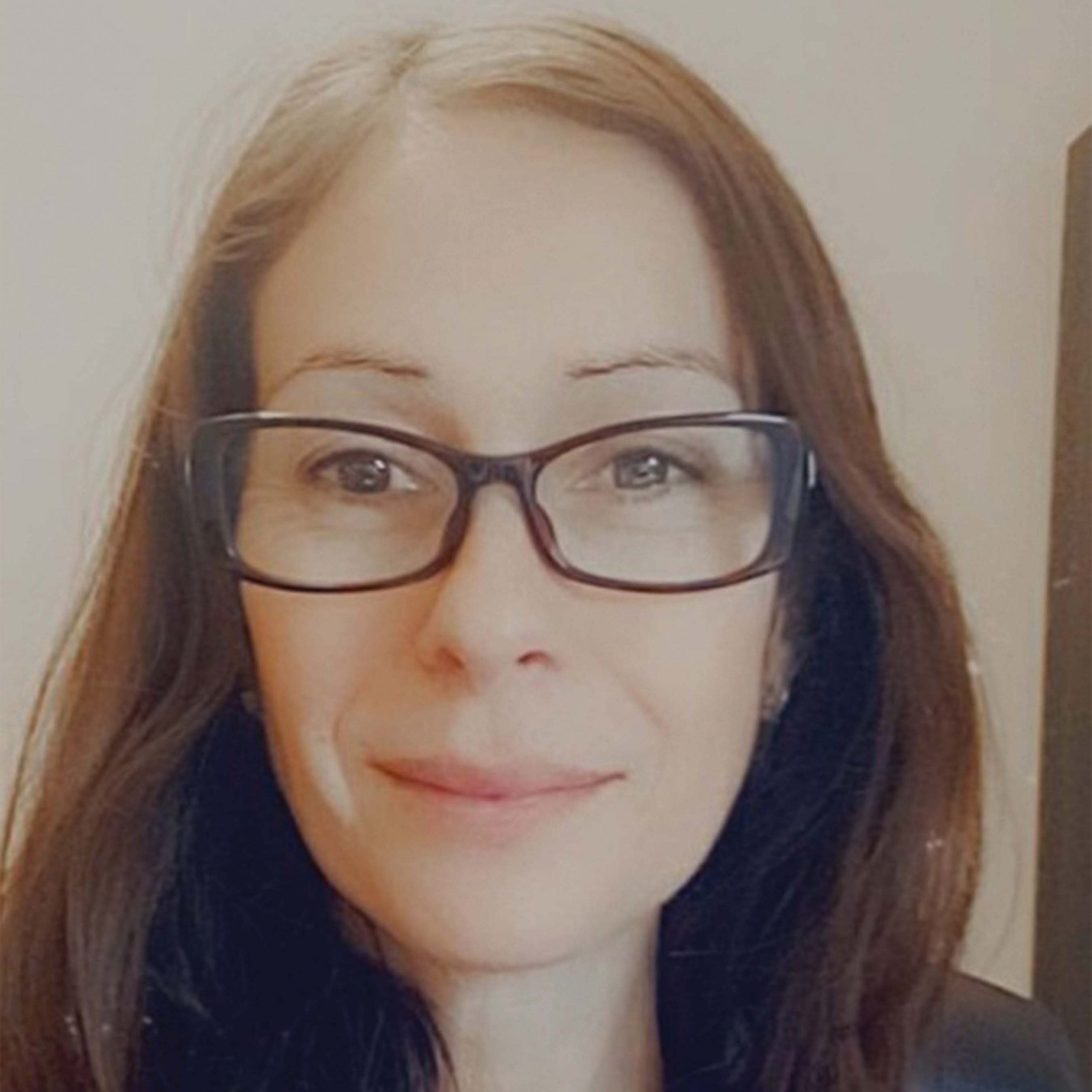
“Aside from seeing clients individually, we have been facilitating support groups which have now – more than ever, been needed as many of our clients have been feeling extremely alone and isolated since the beginning of the Pandemic. In a current support group, which I am co-facilitating for caregivers, the participants continuously emphasize how important this group is for them, as they are often feeling alone. They continuously express gratitude for this group – the participants and the facilitators, indicating that this is the one place where they are finally able to express how they feel and to be heard and understood with real, sincere empathy. Although we are only halfway through, the participants are already expressing sadness about ending the group and ask about the continuation of communication with the others.
A lot of work goes into designing and organizing these groups. Knowing that they make a positive difference in our clients’ lives is very fulfilling on a professional, and also on a personal level.”
– Elinor, Community Support Worker

“I recently assisted with the case of a 65-year-old gentleman named Mr. M, who had vascular dementia. He came to Toronto from the United States and was found without any documents, contacts, or secure housing. It was unknown why or even how he came to Toronto, and he felt distressed and alone.
After experiencing a stroke, Mr. M was hospitalized at Mount Sinai Hospital and received rehab at Bridgepoint without any OHIP status. I advocated with the US consulate to get involved in order to help him return back home. I was able to arrange for charitable funds to help pay for Mr. M’s ticket back to his hometown.
He was so delighted to have received the necessary support to help him get back home after being lost and alone. I personally went and picked him up from his temporary location at 5 a.m with a taxi and made sure he arrived safely at the airport. Mr. M is now safely back at home after his stressful and confusing journey here in Toronto.”
– Revital, Social Worker Care Navigator – Mt. Sinai Hospital


